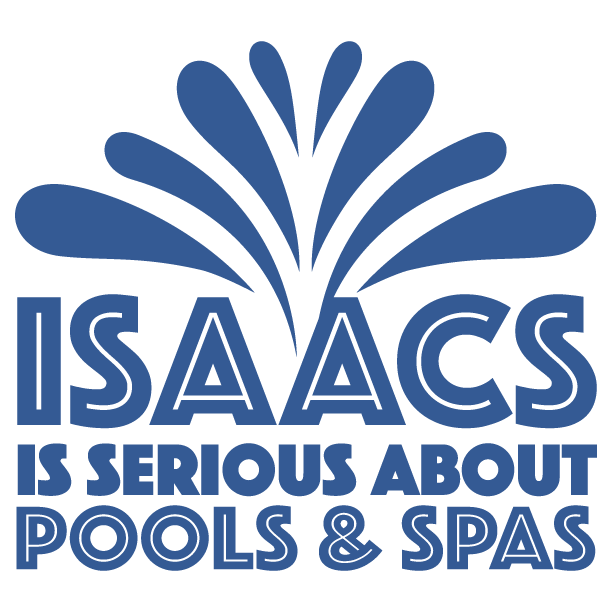Muscle Relaxation: Hot tubs, saunas, and massage therapies help alleviate muscle tension, stiffness, and soreness. Warm water and targeted massages improve blood circulation, aiding in the relaxation of tight muscles.
Improved Circulation: Many spa treatments, such as hydrotherapy enhance blood flow. Better circulation promotes oxygen and nutrient delivery to tissues, improving overall body function.
Pain Relief: Hydrotherapy (water therapy) can be particularly effective in reducing chronic pain, such as that caused by arthritis, fibromyalgia, or sports injuries. The combination of heat, water pressure, and movement can soothe painful areas.
Joint Mobility: The buoyancy of water in a spa helps reduce the stress on joints, making it easier to move and exercise. This is especially beneficial for individuals with conditions like arthritis or those recovering from surgery.
Detoxification: The warmth of spa treatments like soaking in a spa, can help remove toxins from the body. Sweating promotes skin health and detoxifies the body through the skin.
Skin Health: The heat from spas opens pores, allowing for deep cleansing of the skin.
Better Sleep: The relaxation induced by spa treatments can lead to improved sleep quality. The reduction in muscle tension and overall body relaxation can ease insomnia or sleep disturbances.
Stress Reduction: Although this is primarily a mental benefit, the reduction in stress has significant physical effects, including lowering blood pressure, reducing muscle tension, and supporting a healthier immune system.
Improved Flexibility: The combination of heat and gentle movement in spa treatments (like yoga or stretching in a hot tub) can improve flexibility and range of motion, helping to keep muscles and joints more limber.
These physical benefits contribute to an overall sense of well-being and relaxation, which can have a positive impact on physical health.











